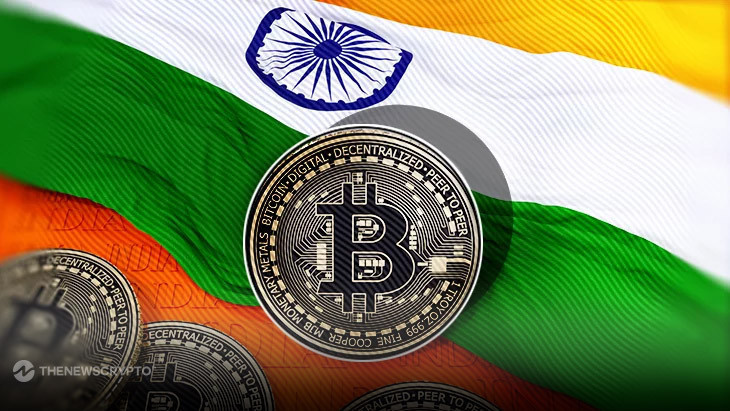- Indian exchanges seek regulatory parity amid concerns over user safety.
- Binance was fined $4.3B for violations; the founder was released on a $175M bond.
In a week marred by legal upheaval, Binance, the world’s largest cryptocurrency exchange, found itself embroiled in an event that reverberated across global financial spheres. The exchange was hit with criminal charges alleging violations of sanctions and money transmitting laws, culminating in a historic $4.3 billion settlement with the U.S. authorities — a colossal penalty rarely seen in corporate litigation.
Founder and former CEO Changpeng Zhao‘s name also surfaced in the controversy. Zhao obtained release from custody by posting a significant $175 million personal recognition bond. He pleaded guilty to violating the Bank Secrecy Act.
Moreover, federal officials asserted that he directed Binance to permit U.S. customers to use the platform without adequate know-your-customer or anti-money laundering verifications.
The repercussions extended beyond Binance’s domain, sparking ripples of concern in India’s crypto landscape. Prominent figures in India’s crypto realm voiced apprehension about the safety of Indian users engaging with global exchanges.
Mounting Concerns
One of the top Indian crypto exchanges, CoinDCX’s co-founder, Sumit Gupta, emphasized the disparity in compliance between Indian and foreign exchanges. He highlighted the heightened exposure of millions of Indian users to potential fraud outside their nation’s regulatory purview.
Aligned on this, while Indian exchanges comply with all government regulations, the same is not true for several foreign exchanges offering their services to Indian users, investors, and consumers.
— Sumit Gupta (CoinDCX) (@smtgpt) November 25, 2023
Unfortunately, these foreign exchanges have become the preferred trading routes… https://t.co/qeq1zswEEo
Meanwhile, several top crypto figures in India echoed Gupta’s stance, and concerns heightened due to reports from an Esya study that estimated approximately 5.2 million users migrating to offshore platforms after the introduction of TDS (Tax Deducted at Source).
“Indian exchanges comply with all government regulations, unlike several foreign counterparts catering to Indian users“
Gupta.
In addition, he calls for regulatory support to create an equitable landscape. He mentioned his intent is to safeguard customer interests and fortify trust. To ensure compliance with local laws, nurturing the long-term success of the industry within India.
What Indian Crypto Exchanges Expect?
Amidst these calls for stringent oversight, some voices highlighted lax regulations on a popular Indian media platform. Vikram Subburaj, CEO of Indian platform Giottus, cautioned about the dangers posed by exchanges failing to adhere to global standards, potentially denting trust even in Indian exchanges.
Likewise, Sidharth Sogani, founder of crypto research firm CREBACO, advocated for promoting trading on Indian exchanges by easing scrutiny. He is aiming to stem capital outflows to global platforms.
Moreover, the sentiment reverberated among Indian netizens, resonating with the urgent need for robust regulations. And support for compliant domestic players in the crypto ecosystem.
 thenewscrypto.com
thenewscrypto.com
